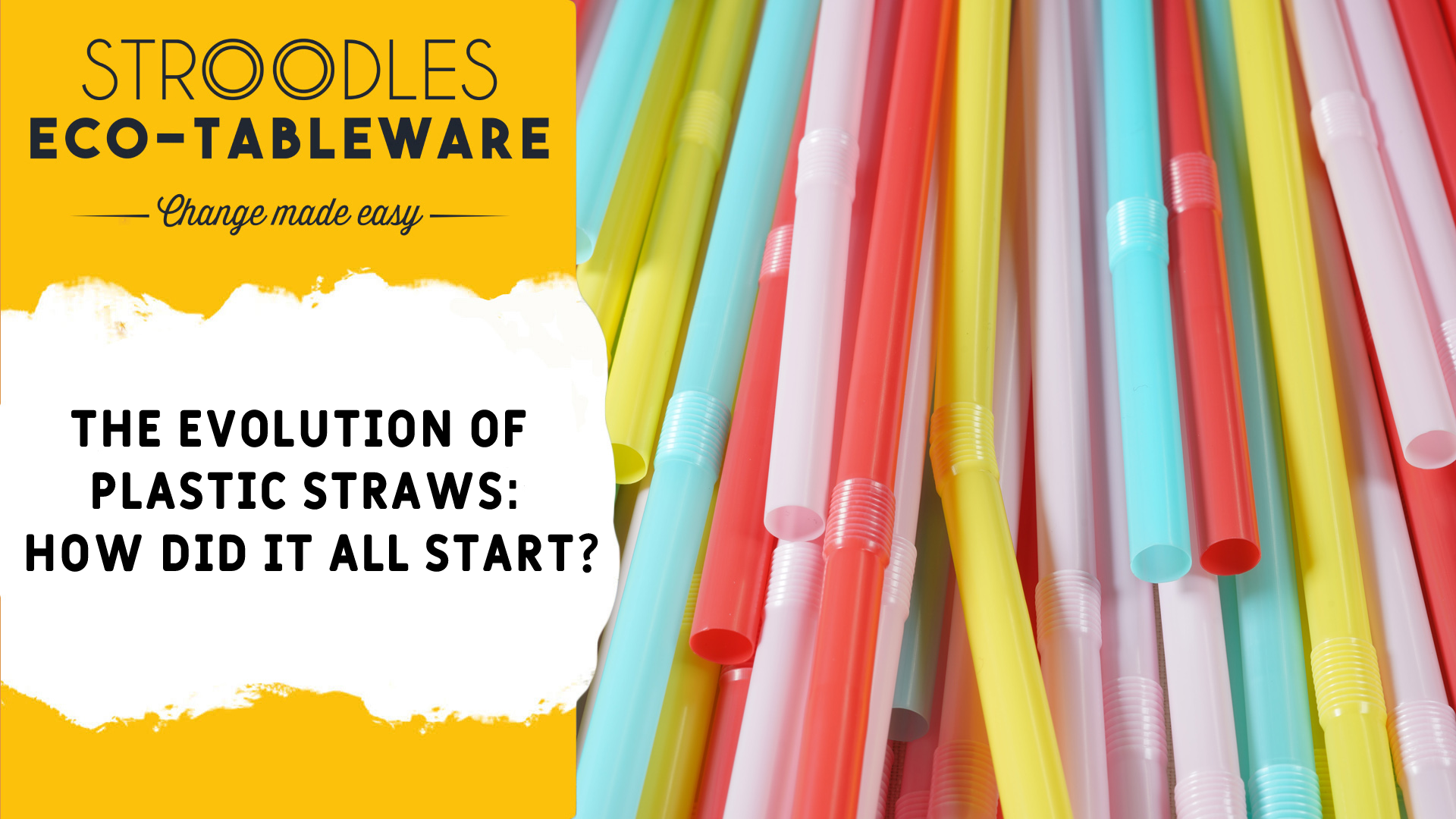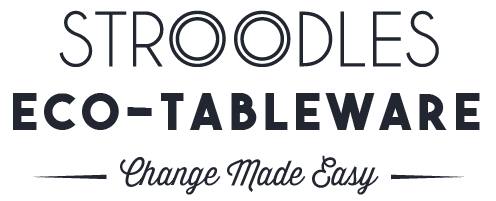



Who would've thought that a sip of mint julep on a hot day would lead to a global problem?
While that may sound a little dramatic, it's true that the invention of plastic straws has changed the way we drink forever. But also caused some serious environmental problems.
____________________________________________________
In October 2020, the UK made a major step towards saving the environment and marine life by banning single-use plastic straws. In fact, Britain joined a growing list of places such as Seattle and Malibu, California which also introduced bans on single-use plastics, including straws or other items.
The use of disposable plastics like drinking straws has resulted in 8.3 billion tons of plastic ever produced and only 9% of it has been recycled! Now, let's put that into perspective.
By 2050, if the present rate of accumulation continues, there will be 12 billion metric tons of plastic in landfills. That's 35,000 times the weight of the Empire State Building.
Now, that's a lot of plastic.
Straws have had a long and illustrious history, dating back to the time of the ancient Mesopotamians. But its days as a major player in the world may be numbered, thanks to the recent surge in environmental awareness.
Some people might say that the straw is "the canary in the coal mine" of the plastics industry – meaning that it's one of the first items to go when people start to get serious about reducing their plastic consumption. And given the overwhelming evidence of the damage that plastic does to our environment, it's no wonder that people are looking for ways to cut down on their use of it.
But how did it all get to this point, you might ask. Well, let's take a walk through time and find out!
The concept of a drinking tube is ancient—Egyptian Sumerians invented straws 7000 years ago—and they've been a part of drinking culture ever since.
The first modern drinking straws were produced by Marvin Chester Stone in 1888. Stone was granted a patent for straws made out of paper and soon mass production began.
But it wasn't until 1930 that the flexible paper drinking straw became ubiquitous in the United States. That's when inventor Joseph B. Friedman came up with an idea to help his daughter, who had trouble drinking using the straight paper straws.
Friedman experimented with various types of papers before coming up with one that was flexible enough to be formed into a drinking tube while still being strong enough to hold liquid. He founded Flex-Straw Company to produce the straws, which he began to sell across the country.
The new bendable straws were welcomed in hospitals, as it was easy for patients to drink without a hassle.
Bendy, flexible straws became popular everywhere! their popularity soon soared in restaurants, soda fountains, and other places serving a large volume of customers.
In the 1940s and '50s, plastic was quickly becoming a more practical material for mass production. It wasn't long before plastic began replacing paper as the material used in drinking straws (and many other products).
In the 1960s and '70s, plastic straws became even more popular. They were now being given out for free with fast food and restaurant orders.
The 1980s brought the proliferation of plastic yet again, this time in the form of the bendable plastic straw. This new design allowed companies to produce cheap, disposable drinking tubes that could easily be given out at drive-thrus and fast-food restaurants—especially popular during the rise of the fast-food industry.
Sporting events, movie theaters, and other public venues also commonly give out plastic straws for free to help prevent the sticky problem of spilled drinks.
In the 1950s, over 1.5 million tons of plastics were being produced per year. In 2020, that number has jumped to over 311 million, nearly up to 50 percent of all plastic is for single use only—and straws are no exception. Polypropylene and polystyrene plastics account for 90 percent of the straws produced today.
The problem of non-recyclable plastics is a growing environmental issue all around the world—especially since plastic only decomposes into smaller pieces over time, polluting our oceans and waterways with toxic chemicals.

So where do we go from here?

Well, Maxim Gelmann, founder and Chief of Stroodles, aka Mr. Stroodles, unlike Joseph Friedman, believed that there was a better way to make straws without using plastic. And that's why he came up with Pasta Straws—a 100 percent biodegradable, durable, edible, vegan and fun alternative to today's disposable plastic straws.

Everyone loves pasta—why not make something fun and exciting from it?
Five years ago, Mr. Stroodles founded his company with the goal of creating a better way to drink, and to help the planet, too.
His Pasta Straws are made from an organic blend of water and wheat then baked into long tube shapes. Like plastic straws, they're around for quick use but unlike them, they're eco-friendly and won't sit in a landfill for 100 years.
The Pasta Straw is his solution—the future of drinking tubes!
The impact on the environment might not be immediately recognizable—but if we each do our part to reduce the use of plastic straws, then maybe future generations won't have to look back on our time with regret.
We believe that using pasta straws is a great way for us to make a conscious choice and move one step closer to our ambition of eliminating all avoidable plastic waste, as set out in the 25 Year Environment Plan.
In fact, not only are our pasta straws environmentally friendly, but they also offer a number of benefits over traditional plastic straws.

Plus, they're fun! Stroodles straws turn ordinary drinks into a playful experience.
There's no question that plastics are one of the leading causes of environmental pollution around the world. And the problem is only becoming bigger each year as more disposable plastics are made and thrown away, polluting our planet for future generations.
By reducing the amount of single-use plastics we use on a daily basis, we can make significant strides toward reducing this growing environmental issue—and Stroodles wants to be a part of that solution.
So, what do you say?
Let's make the switch. #SIPSTROOOODELLY Today. Join the movement
>> Shop Stroodles <<